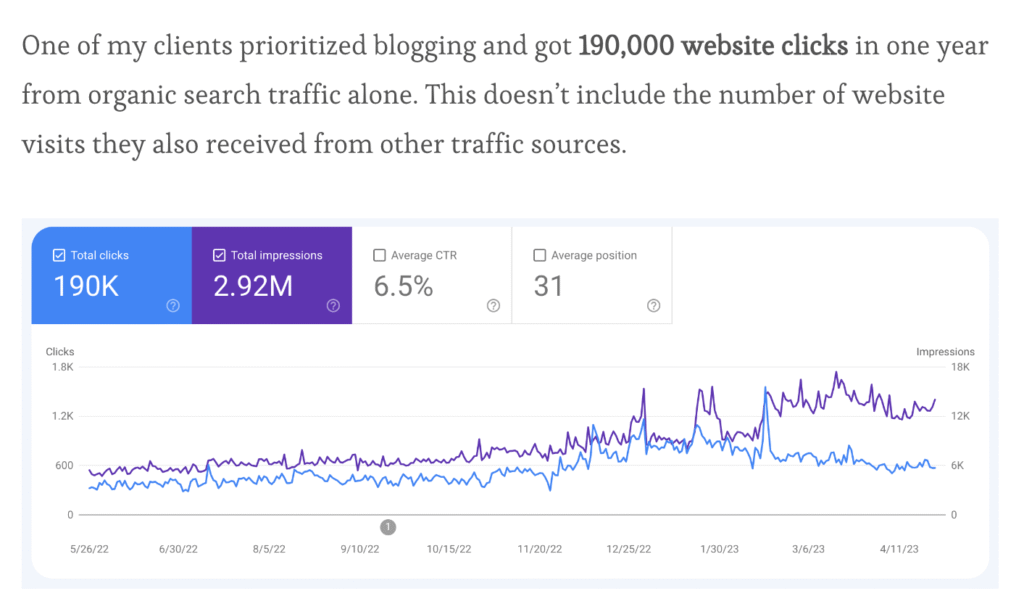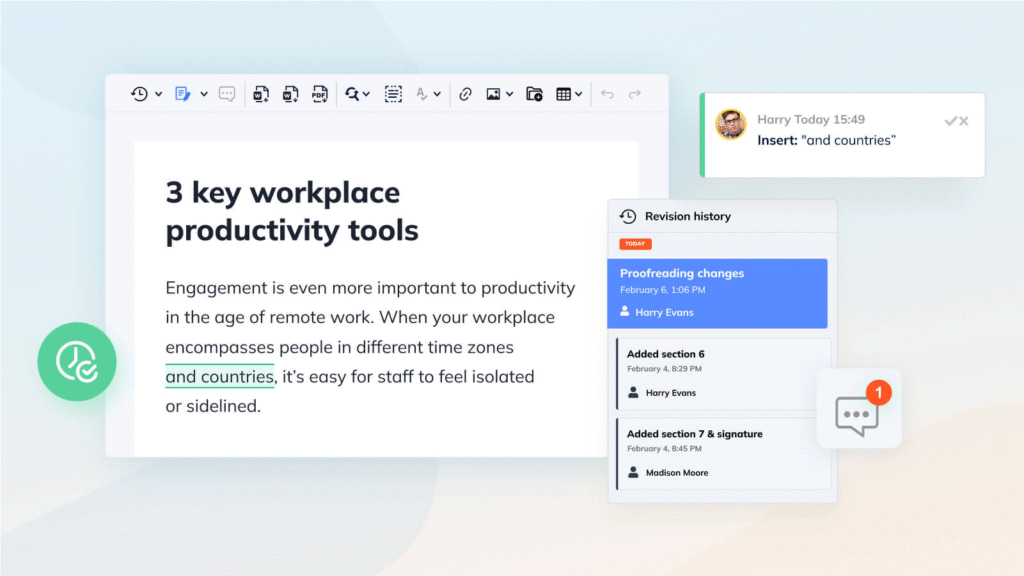A mindset & strategy guide for beginner bloggers
Starting a blog is exciting—but what happens when you put in the work, write consistently, share your content… and nothing seems to happen? No traffic. No comments. No sales.
If this sounds familiar, you’re not alone.
Every successful blogger has faced this silent struggle. The early days of blogging can feel like shouting into the void—and staying motivated during this phase is the ultimate test of your commitment.
In this guide, we’ll break down how to stay motivated when you’re not seeing results, especially as a beginner blogger using WordPress. You’ll learn practical strategies, mindset shifts, and proven habits that help you keep going—even when growth feels slow.
Table of Contents
- Why You’re Not Seeing Results Yet
- The Psychology of Early Blogging Frustration
- How to Stay Motivated: Practical Tips
- Real-Life Examples of Bloggers Who Kept Going
- Motivation vs Discipline: What Matters More
- Tools That Help You Stay Consistent
- Final Thoughts
- FAQ
Why You’re Not Seeing Results Yet
Before we dive into how to stay motivated, let’s explore why beginner bloggers often feel stuck:
1. You’re Too Early in the Journey
- Most blogs take 6–12 months to see steady traffic.
- Search engines need time to index and rank your content.
- Authority takes time to build.
2. Unrealistic Expectations
- Social media shows overnight success—but most real bloggers grind in silence first.
- Comparison leads to discouragement.
3. Lack of a Clear Strategy
- Random content without SEO or a content plan won’t grow easily.
- Strategy > posting for the sake of it.

The Psychology of Early Blogging Frustration
Feeling demotivated is completely normal. Let’s break down the mental side of it:
The “Effort vs Reward” Trap
You put in 10 hours writing a blog post, and… nothing happens. This imbalance between effort and reward causes burnout.
Cognitive Dissonance
You believe you’re doing everything right, but your results say otherwise. This conflict creates self-doubt.
Imposter Syndrome
Thoughts like:
- “I’m not good enough.”
- “Why would anyone read this?”
- “Maybe I’m not meant to be a blogger.”
These are not truths. They’re fear-driven beliefs.
How to Stay Motivated: Practical Tips
1. Set Process Goals, Not Just Outcome Goals
Instead of focusing on traffic or income, aim for:
- Publish 2 blog posts a week.
- Share content on 3 platforms.
- Write 500 words a day.
This builds momentum without tying your success to numbers.
2. Track Small Wins
Keep a “win journal”:
- Your first 10 visitors.
- Someone commented on your post.
- You hit 1,000 words in a day.
3. Visualize the Long Game
Remind yourself:
“If I publish 100 quality posts, traffic will come.”

4. Join a Blogging Community
Surround yourself with others on the same journey. It keeps you sane.
- Facebook Groups (e.g., WordPress for Beginners, Blogging Boost)
- Reddit (e.g., r/blogging)
- Your own accountability group
5. Revisit Your “Why”
Ask:
- Why did I start this blog?
- Who am I helping?
- What’s my long-term vision?
Write this down. Read it often.
6. Avoid Perfectionism
Done is better than perfect. Publish even if your blog post isn’t flawless.
Real-Life Examples of Bloggers Who Kept Going
Pat Flynn (Smart Passive Income)
His blog was a flop for a year—until he found what his audience needed.
Michelle Schroeder-Gardner (Making Sense of Cents)
She blogged for months with zero traffic. Then it took off.
YouTuber Ali Abdaal
Published 100+ videos before he went viral.

Motivation vs Discipline: Which One Wins?
Why Discipline Wins (Almost Always)
Motivation is emotional. It fades. Discipline is intentional.
You can’t always feel like writing—but you can:
- Block 1 hour a day for blogging.
- Use timers (Pomodoro Technique).
- Eliminate distractions.
Build a Routine
Morning? Evening? Find your peak hours and make blogging part of your daily schedule.
Tools That Help You Stay Consistent
Here are some beginner-friendly tools:
✅ Content Planning & Scheduling
- Trello or Notion — Plan your blog calendar
- Google Calendar — Set reminders to publish
✅ Writing & Focus
- Grammarly — Catch grammar issues
- FocusWriter / Cold Turkey — Distraction-free tools
✅ Tracking Progress
- Google Analytics — See what’s working
- Ahrefs Webmaster Tools — Monitor your SEO growth

Final Thoughts: You’re Not Failing — You’re Growing
Every blog that succeeds goes through a season of silence. If you’re not seeing results, it doesn’t mean you’re failing. It means you’re in progress.
Stay consistent.
Keep learning.
Show up even when it’s hard.
Because one day, you’ll look back at these slow months—and realize they built the foundation for your success.
FAQ: How to Stay Motivated When You’re Not Seeing Results
Typically, 6–12 months with consistent effort, quality content, and SEO best practices.
Take a short break, revisit your goals, and simplify your approach. Don’t quit on a low note.





